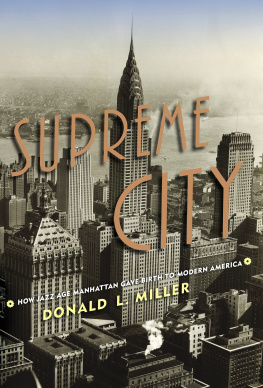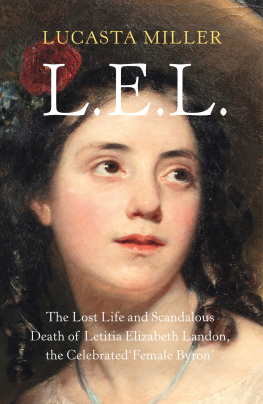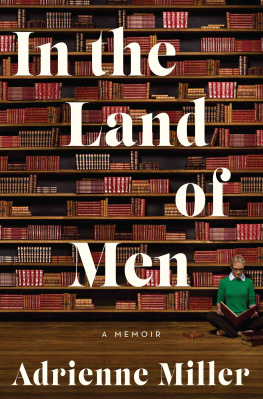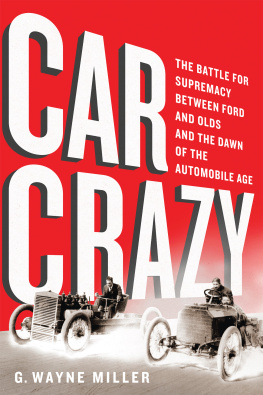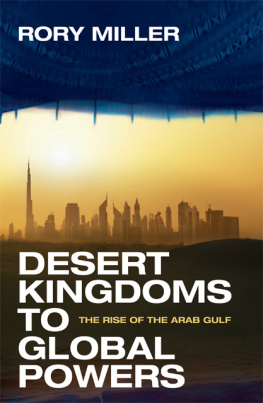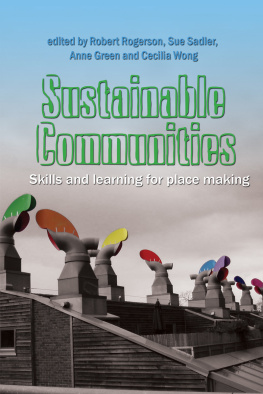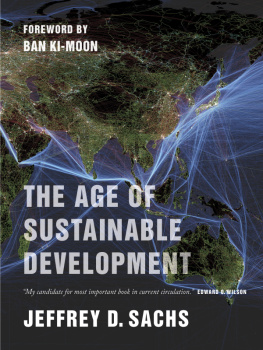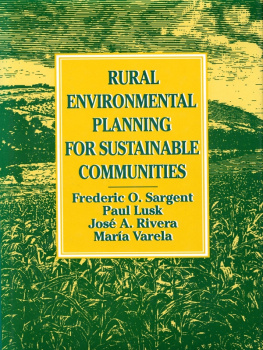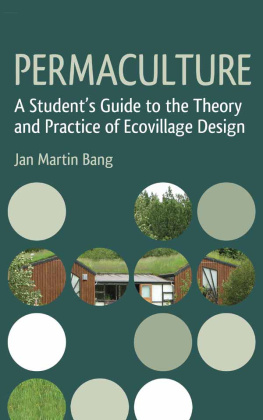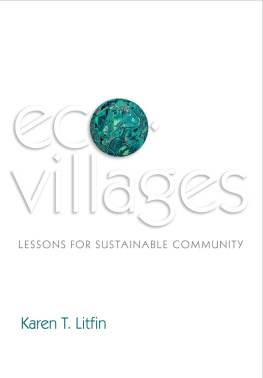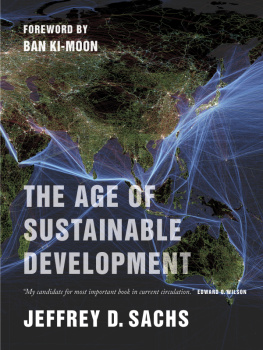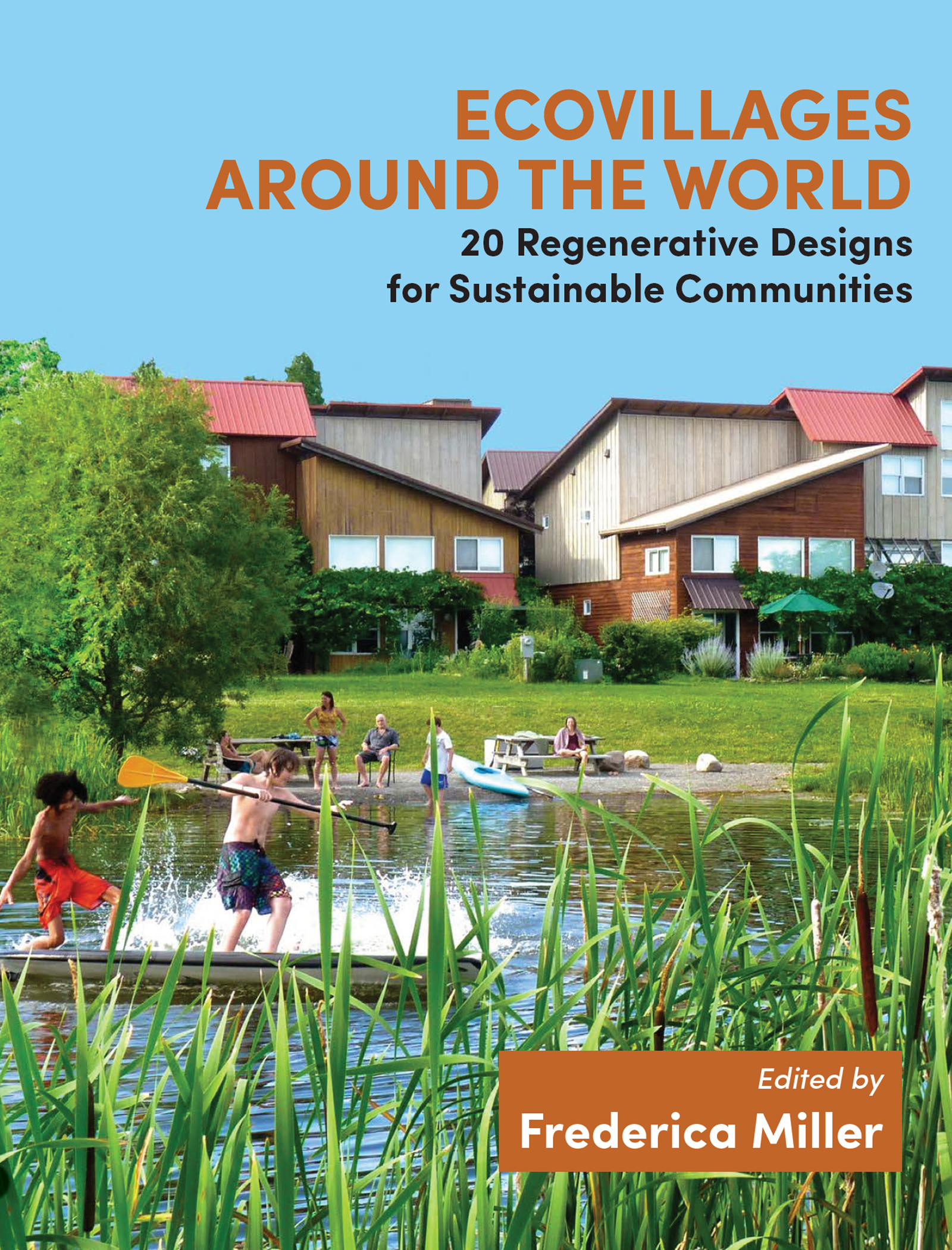
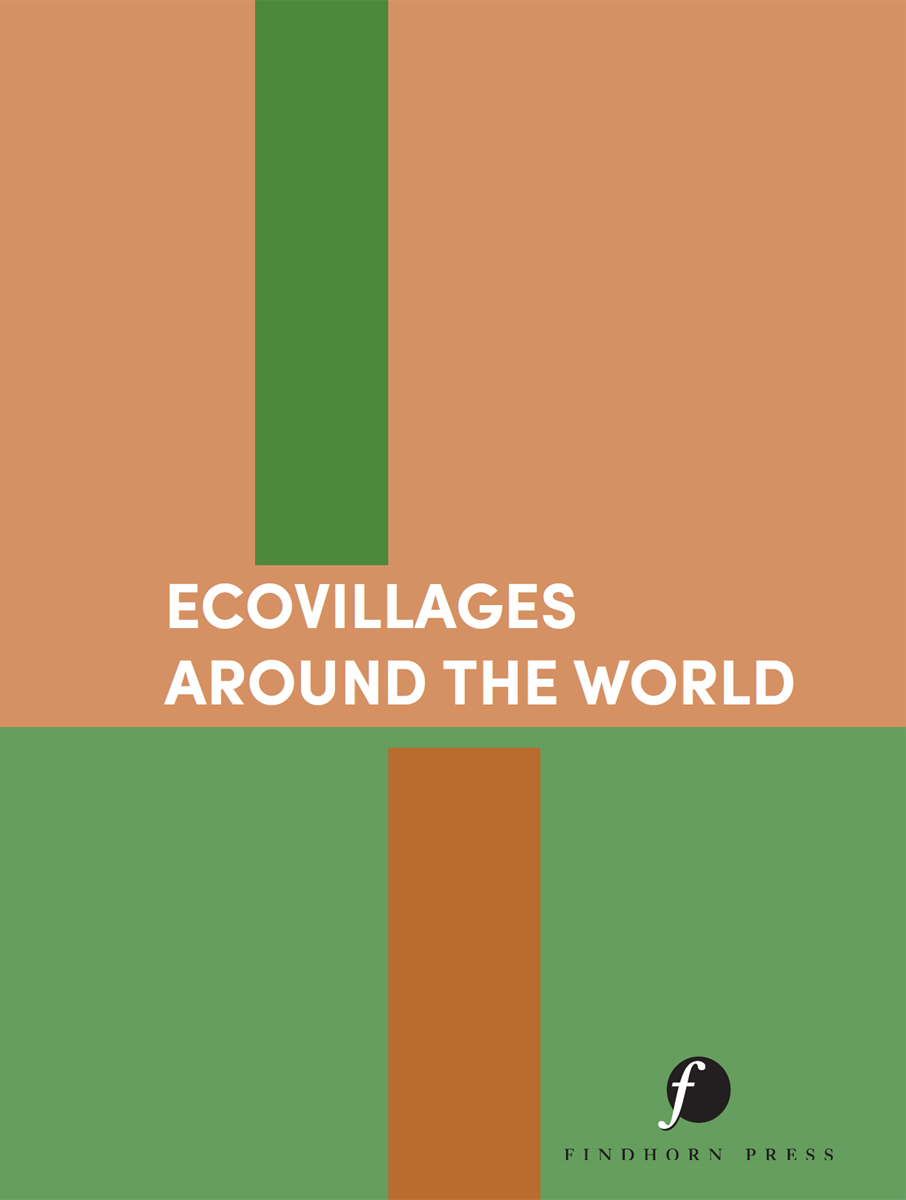

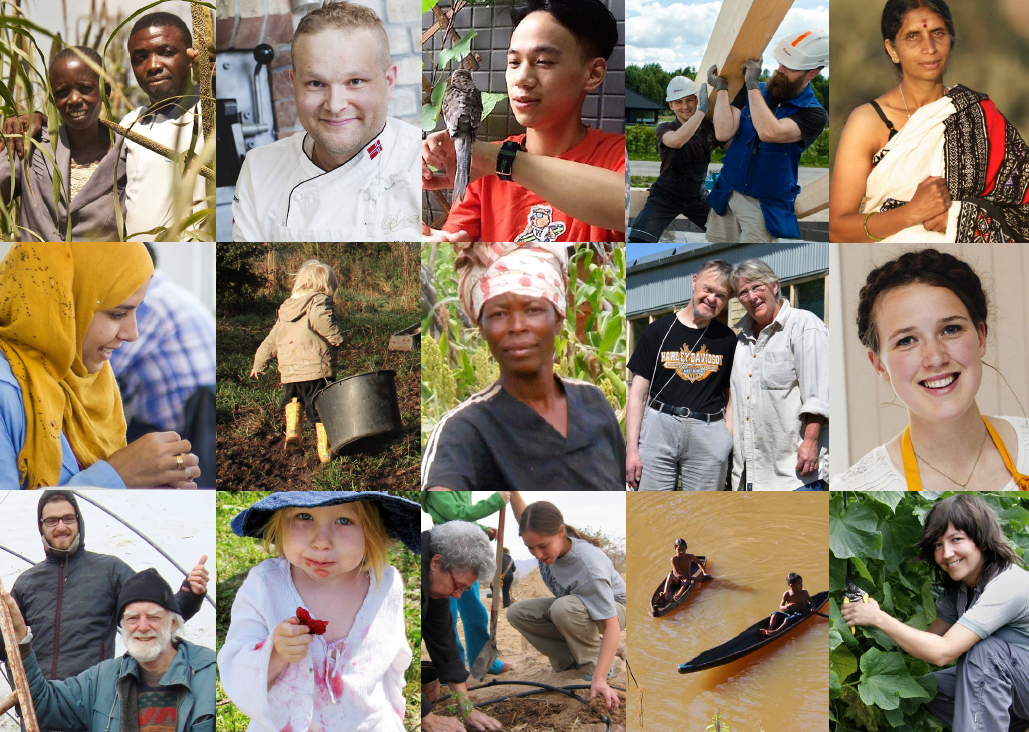

Tribute to Hildur
Hildur was my partner in life and in work for over 50 years before her untimely passing in 2015. It is difficult to sum up in a few words the legacy of such a unique person. She had first and foremost a loving heartan unconditional love for everything livinghumans, animals, nature in all its many facets. Many have suggested that she was the very embodiment of the Mother Earth concept. In fact, she once experienced being the whole Earth during a holotropic breathwork session with Stanislav Grof.
But she was not a passive observer. Rather she was a grass roots and social justice activist. You name it, she was there; peace movement, anti-nuclear movement, womens lib movement, environmental movement, ecovillage movement; always on the front lines. But she was much morea very intelligent woman with a degree in Law and postgraduate studies in Cultural Sociology; a very spiritual woman, being a leading member of the global organization Sahaj Marg; an energetic extrovert, always full of fun with a wall-to-wall smile and a new initiative underway. It was hard to keep up with her.
Most of all for me personally, she was a loving wife and the best mother one could wish for ones children.
I was so fortunate to know her. And I miss her very much.
Ross Jackson
Chairman, Gaia Trust

Tribute to Hildur Jackson
Hildur Jackson was a visionary, mentor and sister for many. For us she was a pathfinder of our times, not only because of her rich personal life journey, but for the effects her vision has had on the lives of countless others. From the brilliance of her engagement in connecting regenerative community experiments and weaving the Global Ecovillage Network, to her bravery in stating the need for a new education and engendering Gaia Education, the ripple effects of her life are immeasurable.
She believed that we can take the future in our hands and, through the power of community, consciously restore our social and natural environments. She called on us all to integrate our spiritual with our scientific and practical aspects to grow into a full expression of who we truly are. Her friendship with Wangari Maathai was an expression of her ongoing deep love for Africaand it was this love that engendered her strong support for the emergence of GEN Africa as a new region within GEN in 2012.
Over the last decade, in her role of Gaia Education Publications Coordinator Hildur launched the 4 Keys for Sustainable Communities everywhere on the Planetsocial design, ecological design, economic design and worldview. To complete the series she wanted the 5th Key to be a beautiful coffee table book about the 20 best practice designs for ecovillages, as a legacy of her passion for communities. She compiled a list of both veteran ecovillage projects and new innovative ones and shared it with Ross, her beloved husband and lifelong companion, and us before she died in the autumn of 2015.
This book is a visual tribute to her unique womanhood, compassionate heart, inspired thinking and unexpected acts of beauty and inclusion through which she rendered service to our world.
We are walking in Hildurs footsteps, she was our mentor and sisterand it is an honour to continue the work she initiated.
May East, CEO, Gaia Education
Kosha Joubert, Executive Director,
Global Ecovillage Network
Ecovillage Voices
Whereas the dominant themes in world politics remain the arms trade, industrialization, development, and growth, there is a subculture made up of a growing and bonded network of like-minded fellow travellers who are trying to short-circuit the industrial structure, to live closer to the land, to consume less, to use less nonrenewable energy, and to exchange their wares and skills through trade, cooperatives and mutual aid, and an exchange of information that is not based on profit.
There are groups in such far-flung places as Ethiopia, Guatemala, India, and Swaziland; in every country in Europe; in New Zealand and Australia. Unlike the dominant world politics in which control is channeled through several enormously powerful nerve centers, the alternative is evolving a dynamic in which the periphery becomes the centre, and the centre is everywhere.
John and Nancy Jack ToddNew Alchemists and builders of bioshelters
This, indeed, is the greatest gift of the ecovillage movement: the delinking of levels of consumption and well-being. Their most subversive message is that beyond a certain standard of living (that almost all households in Western Europe have long since passed), greater well-being is to be had not through the consumption of more stuff, but by way of sharing and the building of meaningful relationships within a human-scale community.
Martin Stengel, Sieben Linden
Ecovillages and/or intentionally created sustainable communities are human-scale full-featured settlements in which human activities are harmlessly integrated into the natural world in a way that is supportive of healthy human development, and can be successfully continued into the indefinite future.
Robert and Diane Gilman
When we walk the path of cooperation with nature, we will one day recognize that the word paradise is no longer only a religious term but a life-task.
Leila Dregger, Tamera
Our systems thinking approach aims to illustrate that the design of cities, towns or villages in this manner is the best way to achieve environmental sustainability. One-planet living can be achieved by designing each place to supportor even provide an abundance ofbasic needs for a known population. This approach also has the potential to alter the economics of housing as future residents will not simply be purchasing a home or a property in the sense that these concepts are currently understood. Residents of future ecovillages will be stewards of an ecosystem. They will therefore be buying into a set of responsibilities to collectively manage the systems that provide them with their basic needs.
Ilan Arnon, Tasman Ecovillage
I see communal living as a default setting i.e., its the most natural way for human beings to cohabitate. It should be the norm, and of course it was, up until the Industrial Revolution some 300 years ago. For millennia beforehand, we mostly lived as fully interdependent, mutually supportive members of tribes, hamlets, villages and towns. And we lived sustainably! If present-day communal living has a purpose at all, then perhaps its to remind us of this now forgotten fact.
Graham Meltzer, Findhorn
Beginning with a quick look at the etymology of the word, community. The word is derived, in part, from the Latin, communitas, meaning fellowship. So community is, by definition, about the bonds and ties between members of a given communal group. It is about their relationships. This is the nub of community life whether it be within an intentional community (e.g., ecovillage, commune, kibbutz, monastery, cohousing, etc.) or in society at large. Additional etymological roots come from French
Next page

